You know about the 4Cs, but there is another C you might not know about — Certificates. A diamond engagement ring may be one of the biggest purchases you’ll ever make. Accordingly, you’ve no doubt done your research, window-shopped in stores and online, and dropped hints to find out what your fiancée-to-be likes.

Even so, you might have some last-minute hesitation before pulling out your credit card or checkbook. Will she love it? Is the diamond as blindingly beautiful as you think it is? Does it weigh as much as it’s supposed to? You already know about the 4Cs —Cut, Colour, Clarity and Carat — but dive deeper into the diamond-buying process and you’ll find another C: certification.
This may be the most important C because it will give peace of mind that the other Cs are, in fact, what they are said to be. Not every diamond comes with a certificate, and comparable diamonds will look the same regardless of whether or not they are certified. So why bother buying a certified diamond? A diamond engagement ring is an emotionally significant purchase as well as a financial milestone. You should consider the importance of documentation when you’re buying a piece of diamond jewelry.
Making the grade: A rigorous certification process A certified diamond has been scientifically measured and evaluated for the 4Cs and other characteristics. Graduate gemologists in highly secure laboratories use high-powered microscopes and other sensitive instruments to study and measure the inclusions, blemishes, polish, symmetry and color of a diamond. Operated independently of any diamond mines, dealers or retailers, these labs provide unbiased evaluations of diamonds. Every diamond is examined separately by several gemologists who assign grades that are accurate, consistent and reliable.

Based on those findings, the laboratory issues a written report that accompanies the diamond. If you have an engineering mindset, grading reports are like a novel by your favorite author. But everyone can appreciate having independent proof that supports the diamond’s value. The certificates and/or reports that certify a diamond vary among laboratories. Even the same labs offer reports with varying levels of information, from the basics to finer details. However, grading reports typically include a line diagram of the diamond from the top and side views and a chart detailing the weight, color grade, cuts, angles and inclusion levels.
Some diamonds are enhanced with lasers, heat, pressure or other methods to improve color and/or clarity. These treatments must be disclosed to the buyer and also appear on the report. Many labs offer additional services, including engraving a microscopic certification number on the diamond for later use in identification (some branded diamonds like the Leo come with this, as well).
Don’t worry — the engraving is too small to see with the naked eye and doesn’t affect the clarity grade. Many of the labs also offer a menu of report options. Examples include the Gemological Institute of America’s “Synthetic Diamond Grading Report” and the AGS Laboratories’ “Science of Scintillation” report, an addendum available on certain diamonds.
Trusted certificates from independent laboratories In the United States, you’re most likely to see certifications or grading reports from the following labs: • Gemological Institute of America, which invented the process of scientifically quantifying the 4Cs in the 1940s • American Gem Society Laboratories • International Gemological Institute • Gemological Science International • GemEx Systems Inc., which established diamond light performance ratings in 1998 Make forever last: Get a warranty In addition to the grading report, your diamond or ring may come with a warranty; or you can purchase one, just like a car.

A car isn’t forever, but you still expect a warranty to protect you from “buying a lemon.” A diamond, however, is forever. So shop smart and get a warranty from your jeweler. As with your car, you’ll have to do some maintenance to keep the jewelry under warranty, but it will keep your diamond ring secure and sparkling. Diamonds are the hardest material known to man, but their durability (ability to absorb impact) is surprisingly only very good.
Depending on the cut and mounting, a diamond can chip or break, even from something as common as pulling groceries out of the trunk or working in the garden. Under a warranty, you bring the engagement ring or diamond wedding ring to the store where you purchased it, usually every six months, so it can be inspected and repaired if necessary.
This is a good time to have the ring cleaned and polished also, keeping it as beautiful as the day you picked it out and as stunning as the day you first slipped it on her finger. Mountings and settings can loosen over time. A warranty will cover any defects in material or workmanship, so the diamonds or gemstones will stay securely in the setting. Make sure you take these extra precautions when buying diamond jewelry, and be careful not to buy from a source that doesn’t offer certificates and warranties as an option.
Your jeweler should be committed to making your diamond purchase one that brings you happiness for a lifetime.

#diamonds #diamondcertificate #diamondcertification #trustedcertificates #diamondcuts #diamondsourcing #diamondstudies #gemology #goldcoast #goldcoastjeweller #goldcoastdiamonds

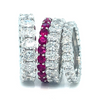
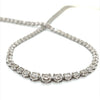

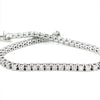
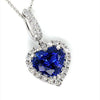



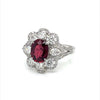


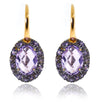

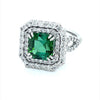

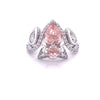

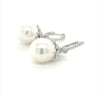

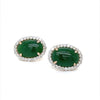
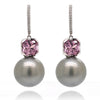
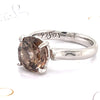
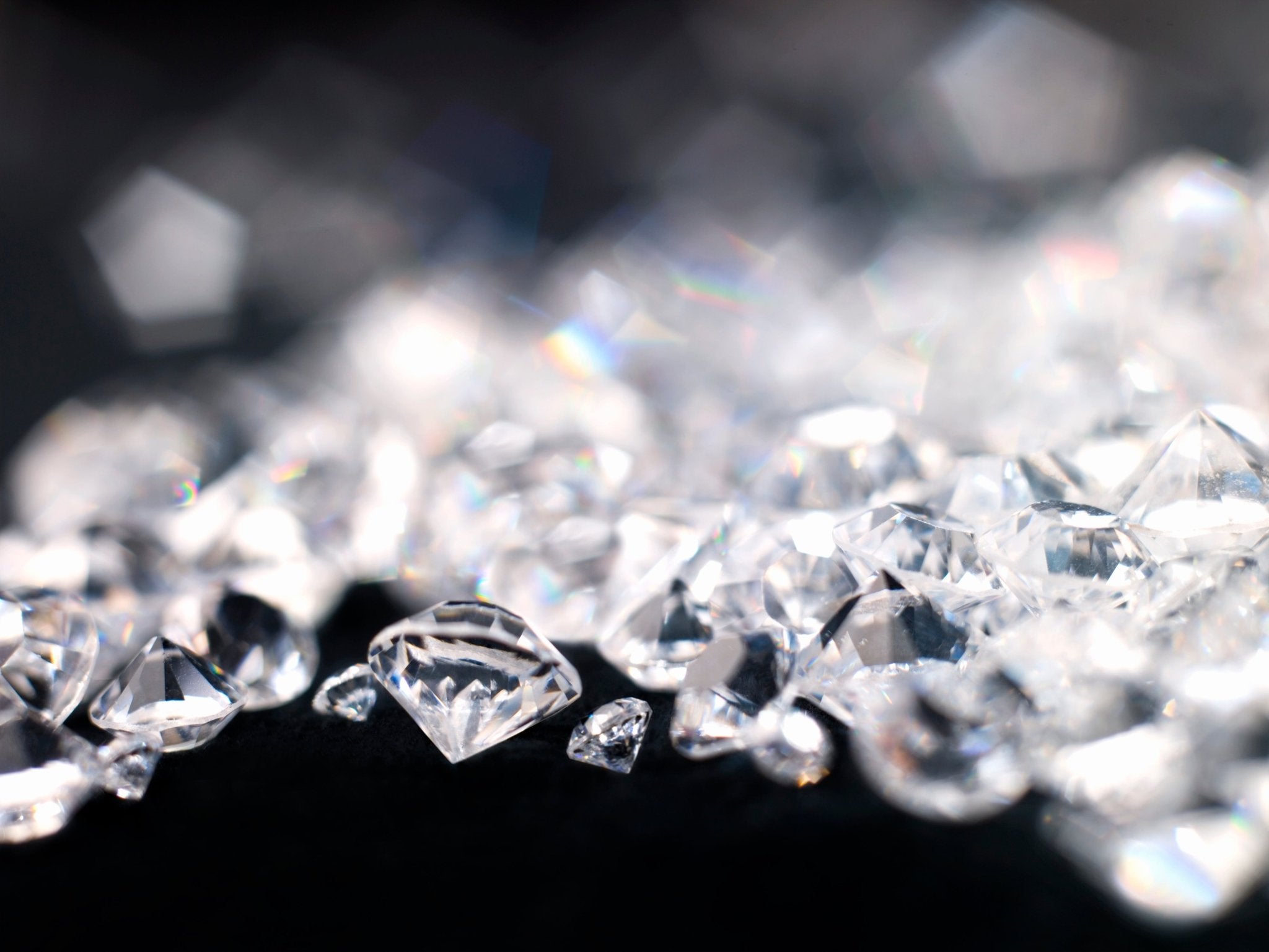
0 comments